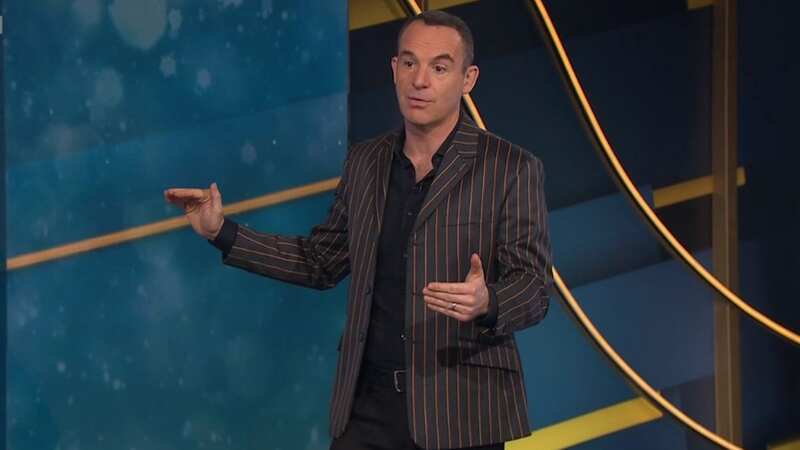Martin Lewis highlights 'unfair' DWP rule that hits families with tax charges

Martin Lewis has urged the Government to fix a Department for Work and Pensions (DWP) rule which even the Chancellor Jeremy Hunt has branded "unfair".
The Chancellor appeared on the recent episode of ITV's Martin Lewis Money Show where the Money Saving Expert website founder asked him questions and discussed issues highlighted by viewers of the show. Martin told the Chancellor that the "most asked" question was regarding Child Benefit.
He said: "I want to move on to what was by a mile, the most popular question, and it's important you understand this, you've got an election coming. So by a mile, the biggest question that we got, which was about a third of all the questions, is on Child Benefit."
Martin then shared a story of one viewer whose son had lost their partner after they gave birth to their twins. The son had now taken on a new job which pays him £60,000 a year. As many of us our, this viewer said his son was struggling with the cost of living particularly with rising mortgage costs due to the loss of his late partner's second income. However, HMRC has now asked him to "repay" his Child Benefit as he earns over the individual threshold of £50,000.
He added: "HMRC has asked him to repay the Child Benefit when he needs every penny. It seems grossly unfair that a couple can bring in nearly £100,000 – because it's about the individual income – but a single breadwinner loses out once they earn over half of this.' So many people, me included, think this is the most unfair structure possible – to hit people who are on a single income, when you have couple who can earn so much more (and aren't affected). Isn't it that time you fix that one?"
 Six teachers open up on 'difficult' strike decision - and why they are doing it
Six teachers open up on 'difficult' strike decision - and why they are doing it
The Chancellor responded to the question by explaining that Child Benefit was "targetted" at people who are earning less than £50,000 a year. He said that it was "right" to target the benefit system to " help people on the lowest incomes" and noted that this issue only "affects about 12% of people."
He added: "What we've done to try and avoid those charges that you talked about is, we've made it possible for people who are earning above £50,000 to pay it through their tax code. So they don't get a sudden charge. We've also made it possible for people to claim the National Insurance credits retrospectively.
"There is nonetheless a very big distortion in the marginal rate of tax – and I fully accept there is an unfairness in what happens with dual-income families on £50,000 each compared to a single earner on £100,000."
Martin Lewis noted couples where one person earns £51,000 and the other doesn't have the same issue.
The Chancellor responded: "All I will say is this is one of many distortions in our overcomplicated tax system that I look at when it comes to every Budget. There are lots of things I'd like to change. If it's affordable to do so then I would do so. But it's too early for me to know at this stage whether that's going to be the case this time."
What is the High Income Child Benefit tax charge?
Child Benefit is a monthly payment available to parents or anyone in charge of looking after a child. It is worth £21.80 a week for the first child and £14.45 a week for any additional child. But if you’re on a higher income, you could face having to pay the High Income Child Benefit (HICB) tax charge.
You become subject to paying the HICB charge when one parent or guardian starts earning over £50,000 a year, this threshold applies to each individual. When you start earning above this amount, you have to pay back 1% of the Child Benefit you receive for every £100 earned above £50,000 - if you earn £60,000 or more have to repay all of your Child Benefit.
As it is for each individual, couples can have a combined income of up to £100,000 and not be affected by the charge as long as neither of them has an individual income of over £50,000.
Read more similar news:
Comments:
comments powered by Disqus

































